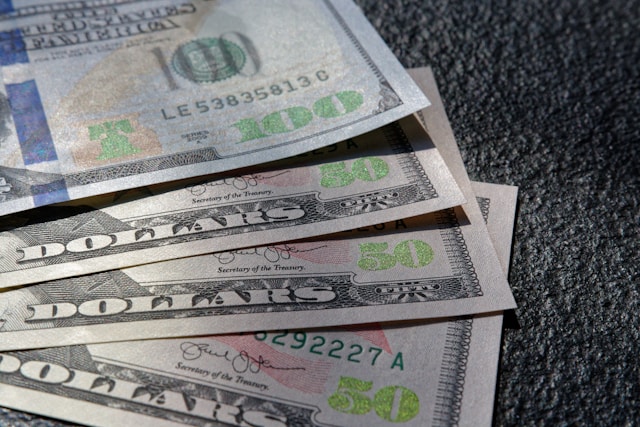Top 4 Strategies to Rebuild Your Finances After a Car Accident

Life throws curveballs; sometimes, those curveballs come in the form of fender benders or worse. Dealing with the aftermath of a car accident can be a total drag—both physically and financially. As daunting as it may seem, there are effective strategies to navigate this challenging time and rebuild your financial stability.
In this article, we’ll explore practical steps you can take to manage the financial repercussions of a car accident. Whether you’re dealing with increased insurance premiums in Los Angeles or unexpected healthcare expenses in Spain, we’ll guide you through getting your finances back on track.
So, keep on reading to the end!
1. The Paper Chase: Gather Those Documents
Following a car accident, the initial shock can make it easy to overlook crucial details. However, gathering the right documentation ensures a smooth and successful insurance claim and financial recovery. Here’s what you need to prioritize:
- Accident Report: This official record, obtained from the responding law enforcement officer, details the accident scene, parties involved, and witness testimonies. It serves as the foundation for your insurance claim.
- Medical Records: Retain all documentation related to accident-related injuries, including doctor visit summaries, diagnostic tests, prescription receipts, and physical therapy records. These documents establish the medical necessity of your treatment and justify medical expenses.
- Vehicle Repair Estimates (or Total Loss Documentation): Obtain written estimates from qualified repair shops outlining the cost to repair your vehicle. If your car is deemed a total loss, secure documentation from your insurance company confirming this determination.
- Proof of Lost Wages: If the accident caused you to miss work, collect documentation from your employer verifying lost wages. This documentation helps recoup the income lost due to the accident.
By diligently gathering this essential documentation, you’ll be well-equipped to navigate the insurance claims process and ensure your financial recovery is on track.
2. Know Your Rights: Insurance and Legal Considerations
Car insurance exists for a reason. So, contact your provider ASAP and file a claim. Be clear and concise about the details of the accident. This might seem daunting, but that’s why insurance exists – to help you in these situations. But it’s important to understand they have a financial stake in the outcome. This doesn’t mean they’ll try to cheat you, but their interests might not always perfectly align with yours.
That’s where the expertise of a seasoned car accident lawyer becomes invaluable. They serve as your advocate in navigating both insurance and legal complexities. It’s essential to choose a lawyer familiar with your area’s laws and courts. For instance, hiring a Los Angeles car accident lawyer would be advantageous if your accident occurred in Los Angeles because they are well-versed in local laws and can provide tailored advice and representation. Additionally, they likely have established relationships within the local court system, which can be beneficial in navigating your case more smoothly and effectively.
So, while your insurance company is a starting point, remember that legal counsel empowers you to make informed decisions and recover what you’re truly owed. Don’t hesitate to seek professional guidance—it could significantly affect your financial recovery.
3. Trimming the Hedges: Cutting Back on Expenses
Accidents can leave a dent in your wallet, so it’s time to tighten your belt. Here are some ways to free up some cash:
- Review Your Budget: Examine your spending habits. Identify areas where you can cut back—maybe eating out less or downgrading your cable package. Every little bit counts!
- Negotiate Bills: Don’t be afraid to call your service providers – internet, cable, phone – and see if they can offer a temporary discount due to your situation.
- Explore Public Transportation: While it might not be ideal, consider carpooling, biking, or using public transportation during this time. This will save you money on gas, car maintenance, and potential insurance hikes if your car is totaled.
4. The Light at the End of the Tunnel: Patience and Positivity
The journey to recovery can often seem lengthy and fraught with obstacles, whether physical injuries, emotional stress, or financial burdens. However, maintaining a focus on patience and positivity can significantly influence the overall healing process.
Embracing patience acknowledges that recovery is a process that shouldn’t be rushed. It gives you the space to heal at your own pace and adapt to changes along the way. Meanwhile, a positive mindset can transform challenges into opportunities for growth and resilience. It encourages you to look for solutions rather than dwelling on problems and see the potential for renewal in the aftermath of adversity.
Wrapping Up
Remember, this is just a temporary detour, not a dead end. You’ve got this! And hey, this whole experience will turn you into a budgeting champ. Just a silver lining to consider! Now, go forth and conquer those financial goals!
